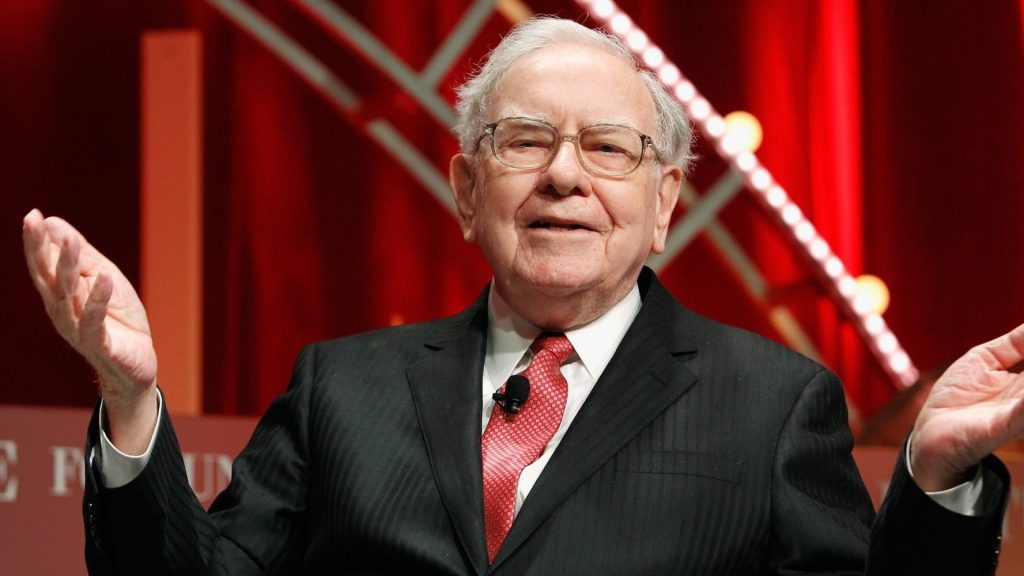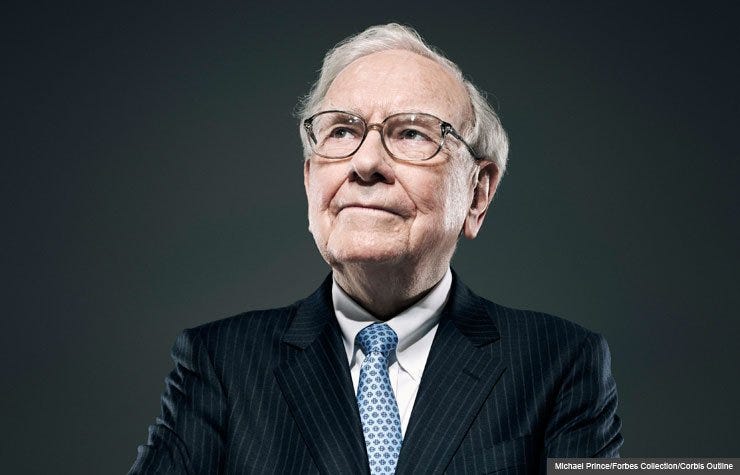Warren Buffett: The Truth Behind the Legend | Biography & Lessons
Warren Buffett, widely regarded as one of the most successful investors of all time, has captivated the world with his unique approach to investing and his remarkable life story. Behind the public persona lies a journey marked by determination, humility, and an unwavering commitment to his principles. In this article, we delve into the truth of Warren Buffett’s life, exploring the key events, principles, and lessons that have shaped his extraordinary success.

Early Years and Influences
Born on August 30, 1930, in Omaha, Nebraska, Warren Buffett displayed an early aptitude for business and investing. His fascination with the stock market began at a young age, and by the time he was 11, he had purchased his first stock. Buffett’s entrepreneurial spirit was nurtured by his father, Howard Buffett, a successful stockbroker and congressman, who instilled in him the value of hard work and integrity.
Formative Experiences of Warren Buffett
Buffett’s journey to becoming the “Oracle of Omaha” was not without its challenges. After completing his education at the University of Pennsylvania and Columbia Business School, he worked briefly on Wall Street before returning to Omaha to start his own investment partnerships. Despite facing setbacks early in his career, including the dissolution of his partnership with his mentor, Benjamin Graham, Buffett remained undeterred in his pursuit of success.

The Berkshire Hathaway Era
In 1965, Buffett took control of Berkshire Hathaway, a struggling textile company, and transformed it into a diversified conglomerate and investment vehicle. Under his leadership, Berkshire Hathaway grew into one of the largest and most successful companies in the world, with investments spanning various industries, including insurance, utilities, and consumer goods. Buffett’s approach to investing, characterized by patience, discipline, and a focus on long-term value, became the hallmark of his success.
Principles of Success
At the core of Buffett’s success are a set of principles that have guided his investment decisions and shaped his life philosophy. These principles include:
- Value Investing: Buffett is a proponent of value investing, which involves buying undervalued stocks with the potential for long-term growth.
- Margin of Safety: Buffett emphasizes the importance of investing with a margin of safety, ensuring that potential risks are minimized.
- Focus on Quality: Buffett looks for companies with strong fundamentals, competitive advantages, and capable management teams.
- Long-Term Perspective: Buffett takes a long-term approach to investing, focusing on the intrinsic value of companies rather than short-term market fluctuations.
- Continuous Learning: Buffett is known for his voracious appetite for knowledge and his commitment to lifelong learning. He credits much of his success to his ability to continuously educate himself and adapt to changing market conditions.
Philanthropy and Legacy
Despite his immense wealth, Buffett remains remarkably humble and frugal, living in the same house he purchased in Omaha decades ago and eschewing lavish displays of wealth. In 2006, Buffett pledged to donate the majority of his fortune to philanthropic causes, primarily through the Bill & Melinda Gates Foundation. His commitment to giving back and making a positive impact on society has cemented his legacy as not only a successful investor but also a compassionate and generous human being.
The Evolution of Berkshire Hathaway
Berkshire Hathaway, under Buffett’s stewardship, evolved from a struggling textile manufacturer into a conglomerate with a diverse portfolio of investments. Through strategic acquisitions and shrewd capital allocation, Buffett transformed Berkshire Hathaway into a powerhouse in various industries, including insurance, railroads, utilities, and consumer goods. His ability to identify undervalued companies and unlock their potential has been a cornerstone of Berkshire Hathaway’s success.
Buffett’s Investment Philosophy
Buffett’s investment philosophy is grounded in simplicity and discipline. He famously advises investors to be “fearful when others are greedy and greedy when others are fearful,” emphasizing the importance of contrarian thinking and patience in the face of market volatility. Buffett’s adherence to fundamental principles, such as buying businesses with durable competitive advantages and holding them for the long term, has yielded consistent returns for Berkshire Hathaway shareholders over the years.

The Berkshire Hathaway Annual Meetings
The Berkshire Hathaway annual meetings, often referred to as the “Woodstock for Capitalists,” have become legendary gatherings for investors and Buffett enthusiasts from around the world. These meetings offer a unique opportunity for shareholders to hear directly from Buffett and his business partner, Charlie Munger, about their investment philosophy, business strategy, and outlook on the economy. The meetings are also known for their lighthearted atmosphere, with Buffett fielding questions on everything from investing to his favorite snacks.
Buffett’s Personal Life
Despite his immense wealth and fame, Buffett leads a relatively modest and unassuming lifestyle. He is known for his frugality, often opting for simple meals at fast-food restaurants and driving himself around in an old Cadillac. Buffett’s humility and down-to-earth demeanor have endeared him to people from all walks of life and have earned him a reputation as one of the most approachable billionaires in the world.
Buffett’s Mentors and Influences
Throughout his life and career, Buffett has been influenced by several key mentors and thinkers. Chief among them is Benjamin Graham, the renowned investor and author of “The Intelligent Investor,” who introduced Buffett to the principles of value investing. Buffett also cites his father, Howard Buffett, as a significant influence, instilling in him the values of integrity, hard work, and humility.
Lessons from Buffett’s Success
The story of Warren Buffett offers valuable lessons for investors and entrepreneurs alike. His emphasis on patience, discipline, and rationality in decision-making underscores the importance of staying true to one’s principles in the face of uncertainty and volatility. Buffett’s willingness to admit mistakes, learn from failures, and adapt to changing circumstances serves as a reminder that success is often the result of perseverance and resilience.
Buffett’s Views on Philanthropy
In 2010, Buffett and Gates launched the Giving Pledge, a campaign encouraging billionaires to commit the majority of their wealth to philanthropic causes. Buffett’s own philanthropic efforts have focused primarily on education, healthcare, and poverty alleviation. His generosity has had a profound impact on countless lives around the world, underscoring his belief in the importance of using wealth to make a positive difference in society.
Buffett’s Enduring Legacy
As Warren Buffett enters his ninth decade, his legacy as a legendary investor and philanthropist is firmly established. His influence extends far beyond the world of finance, shaping the way people think about investing, business, and philanthropy. Buffett’s timeless wisdom, humility, and integrity continue to inspire generations of investors and serve as a beacon of hope in an ever-changing world.
Conclusion
The truth of Warren Buffett’s life is a testament to the power of hard work, integrity, and a steadfast commitment to one’s principles. From his humble beginnings in Omaha to his status as one of the wealthiest individuals in the world, Buffett’s journey serves as an inspiration to aspiring investors and entrepreneurs everywhere. By staying true to himself and his values, Buffett has not only achieved extraordinary success but has also left a lasting legacy that extends far beyond the world of finance.



































